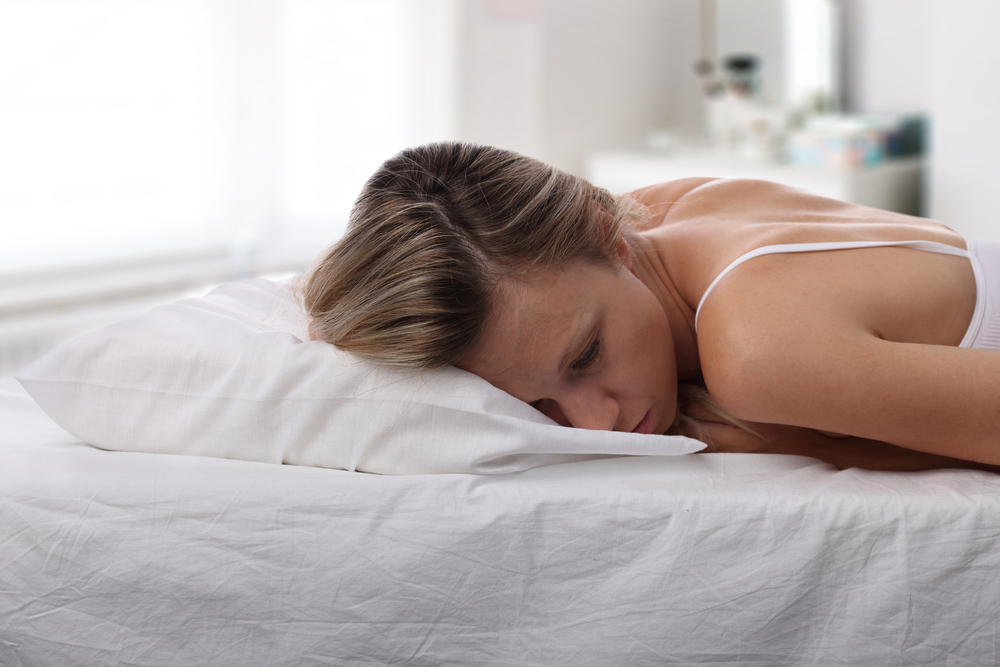In the hustle and bustle of modern life, maintaining good mental health is more important than ever. As we navigate through the challenges of work, relationships, and various responsibilities, it’s easy to overlook the profound impact that physical activity can have on our mental well-being. Beyond the obvious benefits for physical health, regular exercise has been proven to play a crucial role in maintaining and improving mental health. In this blog from Mental Health Haven in Stuart, FL, we will explore the intricate connection between physical activity and mental well-being, shedding light on the importance of incorporating exercise into our daily lives.
The Mind-Body Connection
The mind and body are intricately connected, and the effects of physical activity on mental health are profound. When we engage in exercise, our bodies release endorphins, often referred to as “feel-good” hormones. These endorphins act as natural mood lifters, reducing stress and anxiety levels. The positive impact of exercise is not merely limited to the immediate post-workout period; regular physical activity has been linked to long-term improvements in mood and emotional well-being.
How Does Exercise Support Mental Health?
- Stress Reduction. In the fast-paced world we live in, stress has become an inevitable part of daily life. Whether it’s work-related pressure, personal challenges, or the demands of a busy schedule, stress can take a toll on our mental health. Engaging in physical activity provides a natural and effective way to combat stress. Exercise helps the body release tension and reduces the levels of stress hormones such as cortisol. Moreover, the rhythmic and repetitive nature of activities like running, swimming, or cycling can have a meditative effect, promoting a sense of calm and mental clarity.
- Anxiety Management. Anxiety disorders affect millions of people worldwide, impacting their ability to lead fulfilling lives. Fortunately, exercise has emerged as a powerful tool in managing anxiety. Regular physical activity has been shown to alleviate symptoms of anxiety by promoting relaxation and reducing the intensity of the body’s stress response. Additionally, exercise can serve as a healthy distraction, redirecting the mind away from anxious thoughts and fostering a more positive mental state.
- Depression and Mood Enhancement. Depression is a prevalent mental health condition that can significantly impair an individual’s quality of life. While therapy and medication are crucial components of depression treatment, the role of physical activity should not be underestimated. Exercise has been found to be as effective as some antidepressant medications in treating mild to moderate depression. The mechanisms behind this phenomenon include the release of neurotransmitters like serotonin and norepinephrine, which contribute to improved mood and emotional well-being.
- Cognitive Function and Brain Health. Physical activity doesn’t just benefit the emotional aspects of mental health; it also plays a pivotal role in maintaining cognitive function and brain health. Regular exercise has been linked to enhanced memory, improved concentration, and a reduced risk of cognitive decline as we age. The increased blood flow to the brain during exercise promotes the growth of new neurons and the release of chemicals that support overall brain function. This means that incorporating physical activity into our routines not only helps us feel better emotionally but also contributes to long-term cognitive vitality.
- Social Connection and Support. Many forms of physical activity involve social interaction, whether it’s joining a sports team, attending group fitness classes, or simply walking with a friend. Social connections are essential for mental health, providing support, companionship, and a sense of belonging. Engaging in physical activity with others not only adds a social component to our lives but also creates a support system that can help us navigate the challenges we face.
Ways To Incorporate Exercise Into Your Busy Schedule
Incorporating light exercise into your week doesn’t require a complete overhaul of your schedule; instead, it’s about embracing small, manageable changes that seamlessly fit into your daily routine. Start by choosing activities that you enjoy and that align with your fitness level. A brisk 30-minute walk during your lunch break or after work, for instance, can be an excellent way to get your heart rate up and clear your mind. For the tech-minded, consider investing in a fitness tracker to monitor your daily steps and motivate yourself to reach incremental goals.
Furthermore, integrating light exercises into your daily activities can be both practical and efficient. Opt for the stairs instead of the elevator, or if you have a sedentary job, take short breaks to stretch or perform quick exercises at your desk. Engaging in activities like gardening, cycling, or even dancing while doing household chores can contribute to your weekly exercise routine while making the process enjoyable. The key is to find activities that resonate with you, making it more likely that you’ll stick with them in the long run. By incorporating light exercise into your week in these manageable ways, you’ll not only improve your physical health but also cultivate a positive impact on your mental well-being.
In the pursuit of good mental health, physical activity emerges as a powerful and holistic solution. The mind-body connection, stress reduction, anxiety management, mood enhancement, cognitive function, and social support are all interconnected facets of the profound impact that exercise can have on our mental well-being. As we strive to create balanced and fulfilling lives, let us recognize the transformative potential of incorporating regular physical activity into our routines.
Mental Health Haven Is Here To Support You
Mental Health Haven has successfully provided integrative and holistic psychiatry services for many years to Stuart, FL, and the surrounding communities. With a focus on promoting overall mental health, nurse practitioner Chambers can help you find understanding and relief in person or through virtual appointments. Schedule your appointment and find out more by calling or texting 772-302-4352.






